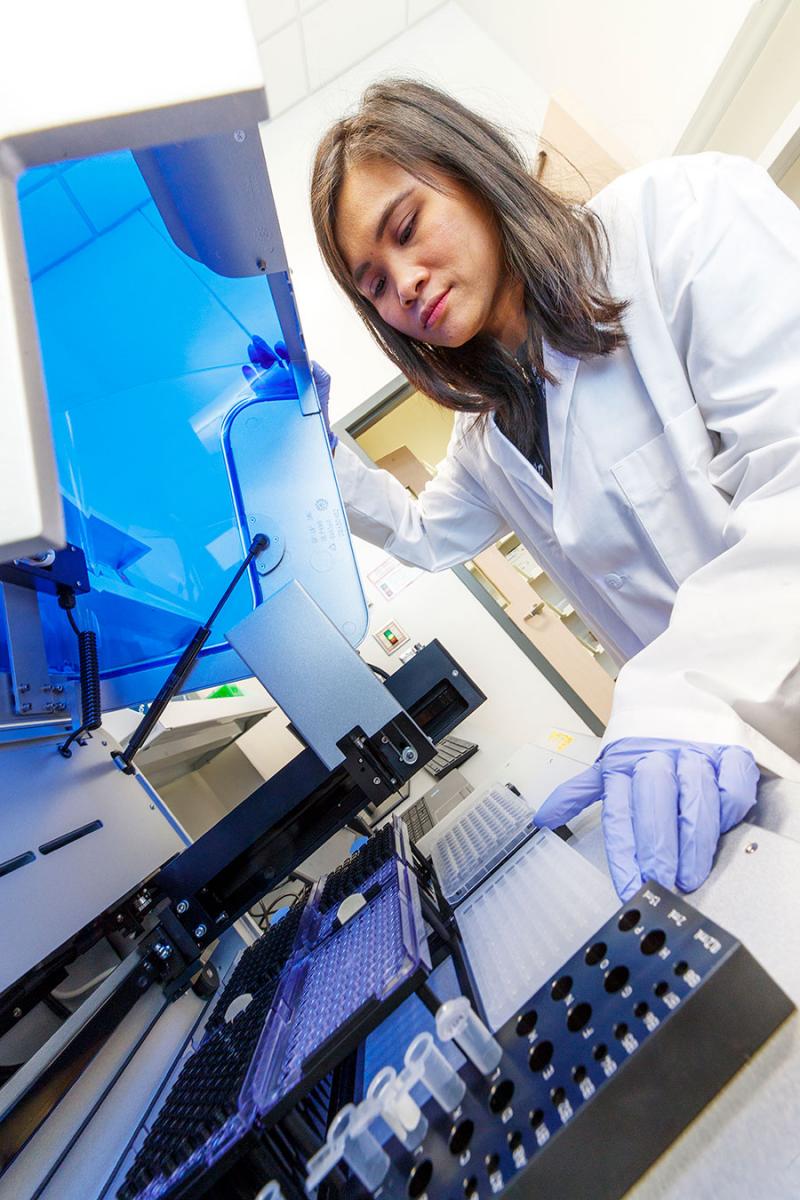How Veterinary Labs Keep Dogs and Cats Healthy
How Veterinary Labs Keep Dogs and Cats Healthy
Blog Article
Our furry friends are part of our lives, and supporting their wellness starts with health checks. Veterinary laboratories are key components in ensuring proper care for household animals.
This article, we’ll explore the value of lab tests for animals and explain the testing process.
How Do Veterinary Laboratories Work?
Veterinary laboratories focus on testing for identifying medical conditions. These labs support animal doctors to ensure timely interventions.

Their process usually includes:
- Sample collection: Health markers are sent to the lab.
- Sample examination: Experts using equipment evaluate the samples.
- Reporting outcomes: Insights guide care plans for better care.
Common Veterinary Tests for Dogs and Cats
Labs provide diverse options for health checks to detect illnesses early. Common exams include:
- Blood analysis: Detect anemia or chronic conditions.
- Urine testing: Ensure bladder health.
- Digestive system evaluations: Identify digestive disorders.
- Sensitivity screens: Identify irritants.
- Imaging diagnostics: Examine internal structures.
genoma laboratório veterinário
Why Diagnostic Exams Are Essential
Regular testing improves pet care. By identifying issues early, your pets stay healthier longer.

The advantages include:
- Effective treatments: Health problems are minimized.
- Cost savings: Small problems are treated before they escalate.
- Assurance about pet health: Feel secure about their health.
The Value of Diagnostics for Pet Owners
Veterinary labs play a key role in modern pet care. With regular lab evaluations, you protect their well-being.
Act now to safeguard your pet’s future and support their wellness every step of the way!
Report this page